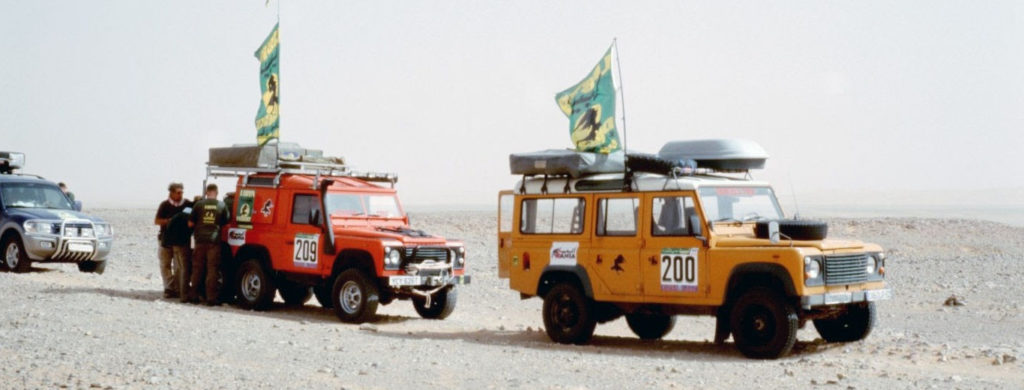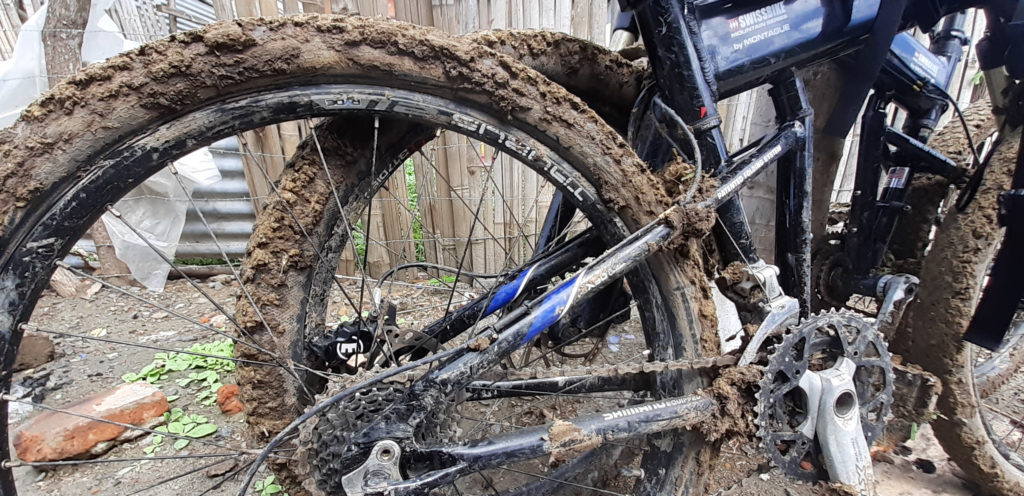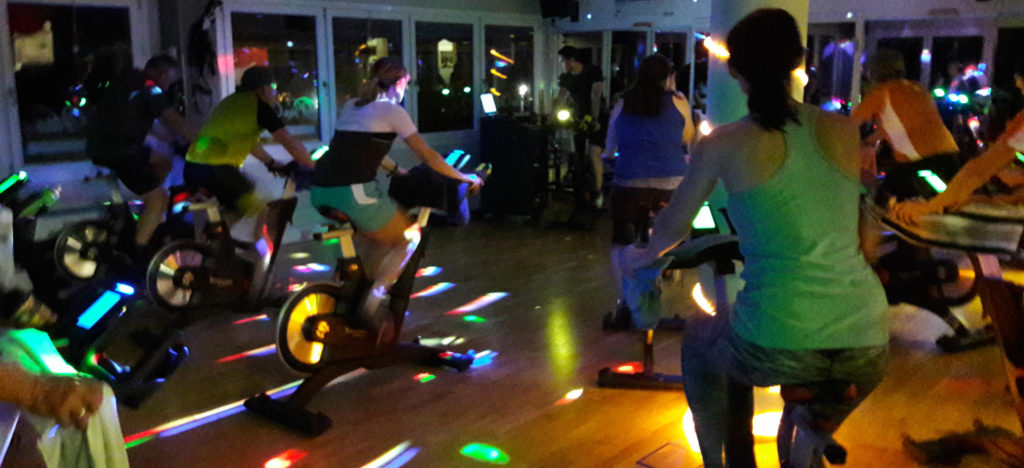I originally wrote this article seven years ago to motivate people to get out and “achieve their dream”. It was published under the title “make your adventure happen” and is about exactly that. However, recently someone pointed out that it is also a good description of how to reach your business goals. In the hope that it will motivate someone to “make it happen”, I have republished it here.
The world is full of potential adventurers; people who have a plan to “get out there and do something”. But in reality most of them are waiting for a tomorrow that never comes.
A couple who had cycled to Nepal were giving a presentation to a packed hall. They cycled up to Finland, across in to Russia, took the Siberian Express (after smuggling their bikes on board) and then cycled across the Gobi Desert and through the Himalayas. After the presentation, some one asked what the most difficult part of the journey had been and the man answered “setting off!”
This article explains how to ensure that you achieve your dream.
“The beginning is half of the whole”
Aristotle (ancient Greece)
“The journey of a thousand miles begins with one step”
Laozi (ancient China)
Over two thousand years ago, on opposite sides of the known world, two famous philosophers agreed – it doesn’t matter what your dream is, at some point you have to take the first action that will cause the whole enterprise to occur.
Reality Check
Right at the start you have to perform a basic reality check. Dreams can be vast and unlimited but our plans need to be at least footed in reality. If you have time, money and health then almost anything is possible but with the resources available to most of us some things are going to be beyond our reach. The line between impossible and difficult is hard to define. In 2000 I had never sat on a mountain bike but was quite fit and so managed a tour across the Alps from Germany to Italy. An extreme tour through the Himalayas would however have been unthinkable.

Adventures need a certain amount of resources (time and money). Now is the time to do the “back of a cigarette packet” calculations and ensure that the idea can work in theory. An empty bank account or the need to keep your full time job doesn’t have to doom your plans but is going to need to be taken into account at the planning stage.
Research
The Internet will supply you with all the information you need to start fleshing out your dream and turning it in to a realistic goal. No matter what your aim, others will have done something similar and have written of their experience. Take the time to read their accounts. Here it is vital to pay attention to those who “did it” and ignore those who list their reasons for “not getting started”.
Ideal sources are those that aggregate the experience of many others. While planning to participate in a rally through the Sahara I wrote to a supplier of Land Rover spare parts. Based on hundreds of such requests and feedback on what had been used, they made a perfect suggestion of which spares would be needed. Everything we required, we had.

It is important to take notes at this point. Months later it is not helpful to remember that you read “something useful – somewhere”. Evernote is a fantastic resource as is Google Docs but there are still those who prefer pen and paper. If there is more than one person planning, then a collaborative system allows each to see the others notes, answer the others questions and add to the group knowledge.
Planning
“Proper Planning and Preparation Prevents Piss Poor Performance.”
British Army
The plan should follow on from the research and the two will often run hand in hand with the research leading to a list of open questions or tasks and the plan answering the questions or defining dates by which tasks should be done. In a business environment then we would describe this process as project management and be getting excited about Gantt diagrams and the critical path. If the planning for your adventure is going to be complicated, then reading up on the theme will be time well spent.
Some tasks take longer than others and some can only be dealt with after previous tasks are finished. You are not going to be buying the boat until the money is on your account. Equally applying for visas a week before you leave could be problematic. Work backwards from your planned start date. If something can be done earlier then get it out of the way. This is also a great motivator. If you can “tick off” items then you have the feeling that “things are happening” even though the date of departure is months or even years ahead.

Plan as well as you can but accept that some things have to be planned situatively. On our week long cycle trips we plan the route down to the last detail before we leave but we purposely plan no accommodation and do not allot ourselves a fixed time. In this way we are able to stop when we want to and enjoy the journey rather than being fixated on the destination.
Training
If you already have all the skills and the stamina you are going to need for your adventure, then you are not going to need any training. But if you are planning on pushing the envelope then you will need a training plan and the motivation to keep to it.
Your training plan is a vital element of your overall planning and probably the point that finally decides between those who realize their dreams and those who don’t. Training is often difficult and offers no immediate rewards so it is always pushed until “tomorrow”; there is a name for this – hyperbolic discounting.

It doesn’t matter if we are discussing physical training or the acquisition of new or improved skills, it has to be done. Try and set targets that measure and show how you are improving and allow you “early successes”. If you have never camped but your adventure will be based on camping, then the first one night trip can be a way of testing your skills, a means of learning and a motivational achievement.
Go!
If your idea, passed the reality check; if your planning and training have been efficient, then leaving for your adventure should be easy and almost automatic. When the appointed day arrives, it should be easier to make the first step than to remain at home. Take a deep breath and go!

